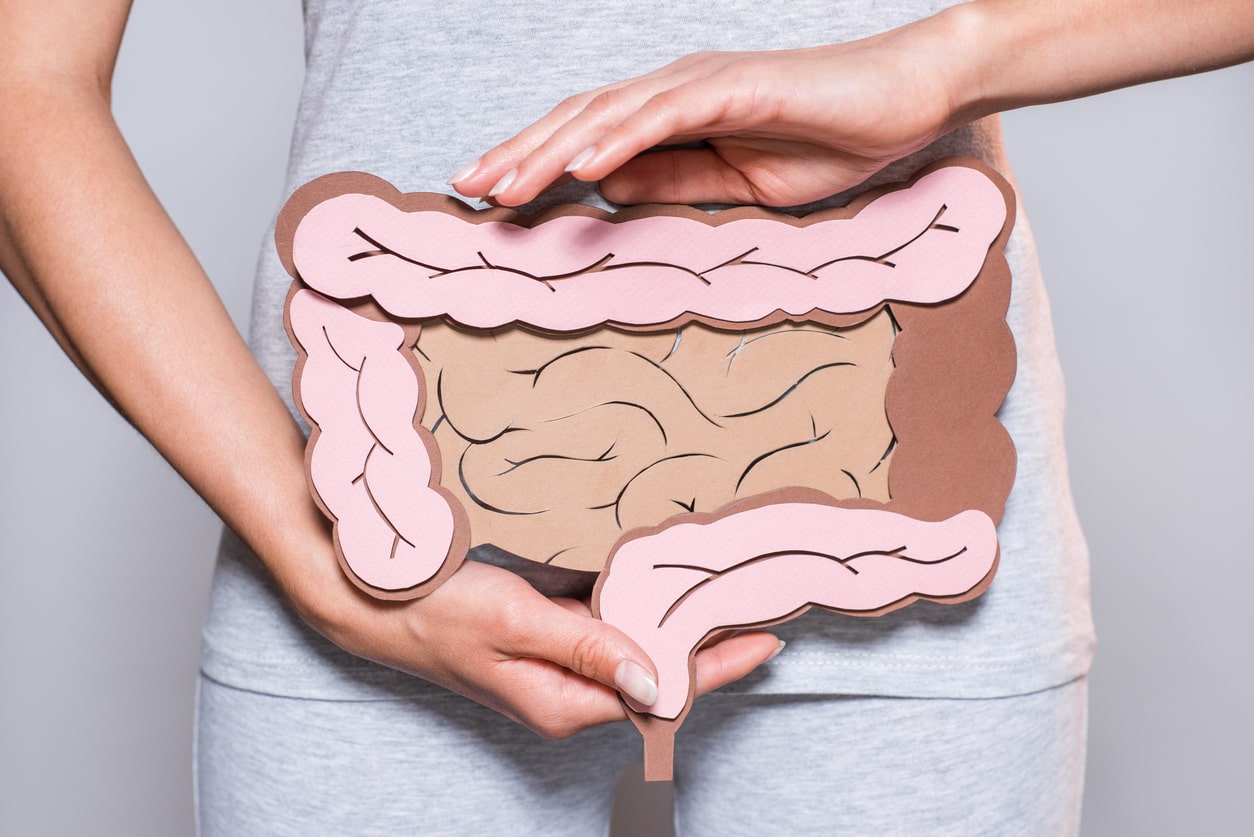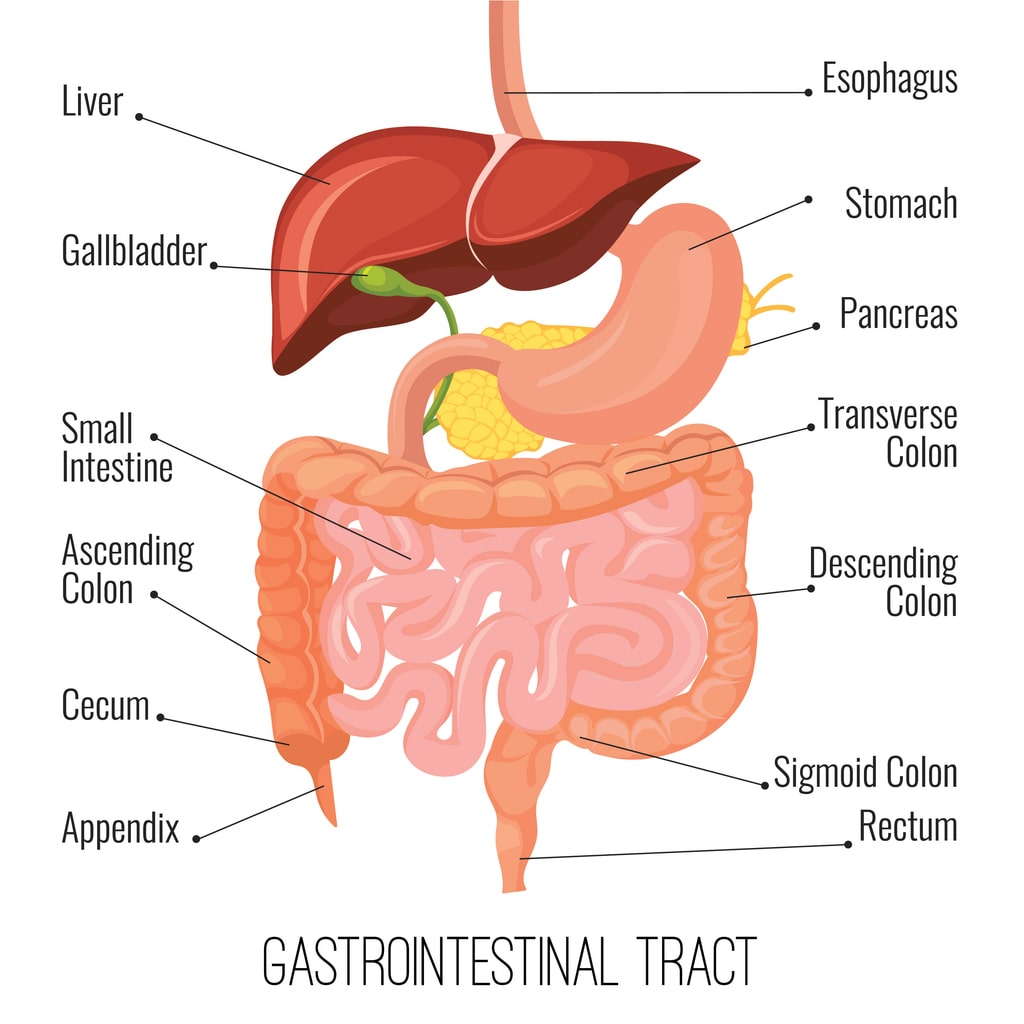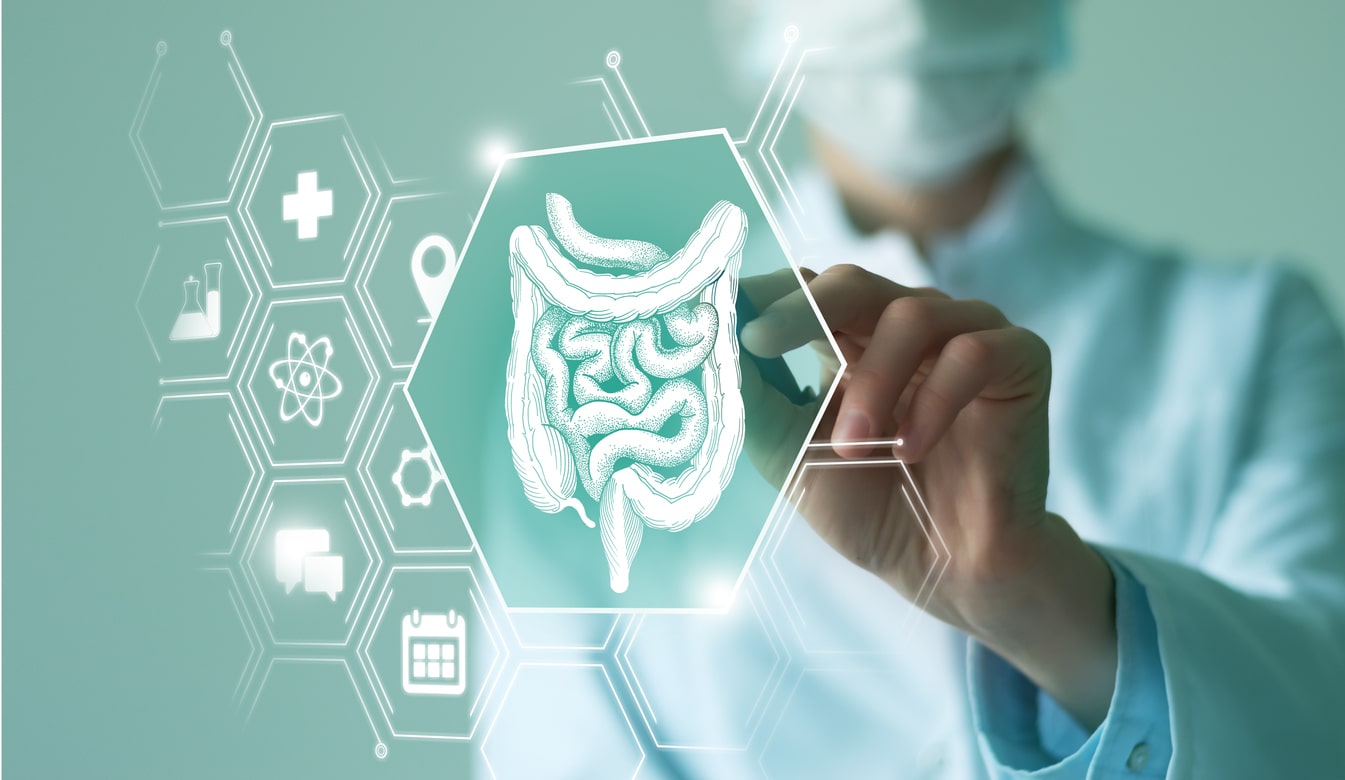
The Gastrointestinal Tract: Understanding Its Vital Organs
What is the Gastrointestinal Tract?
The gastrointestinal (GI) tract encompasses the complex system of organs responsible for the digestion and absorption of essential nutrients. From the moment food enters our mouth to its final processing and waste elimination stages, a series of intricately coordinated events occur within our GI tract. Learn about the roles and functions of each organ within this system and how it helps maintain digestive health.
Anatomy of the Digestive System
The digestive system is composed of a series of organs that work together to break down the food we consume, extract the essential nutrients, and eliminate the waste. The main organs of the digestive system include the following:
- Mouth
- Esophagus
- Stomach
- Small intestine
- Large intestine
- Liver
- Pancreas
- Gallbladder
Each of these organs plays a crucial role in the overall digestive process, and understanding their functions is key to maintaining a healthy GI tract.

The Mouth: Where Food Enters the Digestive System
The digestive journey begins in the mouth, where the mechanical and chemical breakdown of food begins. The teeth, tongue, and salivary glands initiate the digestive process. The teeth break down solid food into smaller pieces, while the tongue helps to move the food around the mouth and mix it with saliva. Saliva contains enzymes that begin the chemical digestion of carbohydrates and fats, preparing the food for its journey through the rest of the GI tract.
The Esophagus: Connecting the Mouth to the Stomach
After being chewed and mixed with saliva, the food travels down the esophagus, a muscular tube that connects the mouth to the stomach. The esophagus uses a series of coordinated muscle contractions, known as peristalsis, to propel the food from the throat to the stomach. At the junction between the esophagus and the stomach, there is a valve called the lower esophageal sphincter, which opens to allow food to enter the stomach and then closes to prevent stomach contents from flowing back into the esophagus.
The Stomach: The First Major Organ of Digestion
The stomach is the next stop on the digestive journey. This J-shaped organ serves as a temporary storage and mixing chamber, where mechanical and chemical processes further break down the food. The stomach’s thick, muscular walls mix the food with gastric juices that contain hydrochloric acid and enzymes to help digest proteins and fats.
The Small Intestine: The Hub of Nutrient Absorption
Once the food has been processed in the stomach, it moves into the small intestine, the primary site of nutrient absorption. The small intestine is divided into three main sections: the duodenum, the jejunum, and the ileum. Each section has a unique function and set of digestive processes. The duodenum receives digestive enzymes from the pancreas and bile from the gallbladder, which help to break down the food further. The jejunum and ileum absorb most nutrients, including carbohydrates, proteins, fats, vitamins, and minerals.
The Large Intestine: Removing Waste and Absorbing Water
After the small intestine has extracted the essential nutrients, the remaining waste material moves into the large intestine, also known as the colon. Water and electrolytes are absorbed from indigestible food, and waste is stored and eliminated. The colon includes sections like the cecum, ascending colon, transverse colon, descending colon, and rectum. The rectum is the final section of the large intestine, where the waste is stored until it is eliminated from the body.

The Liver: A Vital Organ for Digestion and Detoxification
The liver is also important for the digestive process. It is responsible for producing bile, a fluid that helps to break down fats and aid in their absorption. The liver also helps metabolize carbohydrates, proteins, and fats and detoxify harmful substances that enter the body. The liver stores essential vitamins and minerals, such as vitamin A, vitamin D, and iron, which are then released as needed.
The Pancreas: Digestive Enzymes and Regulating Blood Sugar
The pancreas is a dual-function organ essential for digestion and blood sugar regulation. It produces a variety of digestive enzymes, including amylase, lipase, and protease, which help break down carbohydrates, fats, and proteins, respectively. The pancreas also secretes hormones, such as insulin and glucagon, which regulate blood sugar levels and ensure that the body can effectively utilize its absorbed nutrients.
The Gallbladder: Storing and Releasing Bile for Fat Digestion
The gallbladder is a small, pear-shaped organ located just beneath the liver. Its primary function is to store and concentrate bile, a fluid produced by the liver that is essential for the digestion and absorption of fats. When we consume a meal containing fats, the gallbladder contracts and releases bile into the small intestine, which helps to emulsify and break down the fats, making them more easily digestible.
Maintaining a Healthy Gastrointestinal System
Keeping the GI tract healthy is essential for overall well-being. Here are some key tips for maintaining it:
- Maintain a Balanced Diet: Ensure your meals include a fiber-rich variety of fruits, vegetables, whole grains, and legumes to support digestive health and regular bowel movements.
- Drink Plenty of Water: Adequate hydration helps soften stool and facilitates smooth digestion, preventing constipation and promoting overall gut health.
- Exercise Regularly: Physical activity stimulates intestinal contractions and promotes efficient digestion, reducing the risk of gastrointestinal issues.
- Manage Stress Levels: Practice stress-reducing techniques such as meditation, deep breathing, or yoga to minimize the impact of stress on digestion.
- Avoid Excessive Use of Medications: Consult your doctors to reduce the use of medications that may cause gastrointestinal discomfort or damage.
Contact Us for Gut Health Care
Maintaining a healthy gastrointestinal tract is essential for overall well-being. If you’re experiencing persistent digestive issues or have concerns about your GI health, our team is here to help. Consulting a gastroenterologist can provide personalized insights and treatments to optimize digestive function and address underlying issues effectively. Don’t wait—invest in your long-term health today by scheduling a consultation with a GastroMD. Start your journey to digestive wellness with us.



